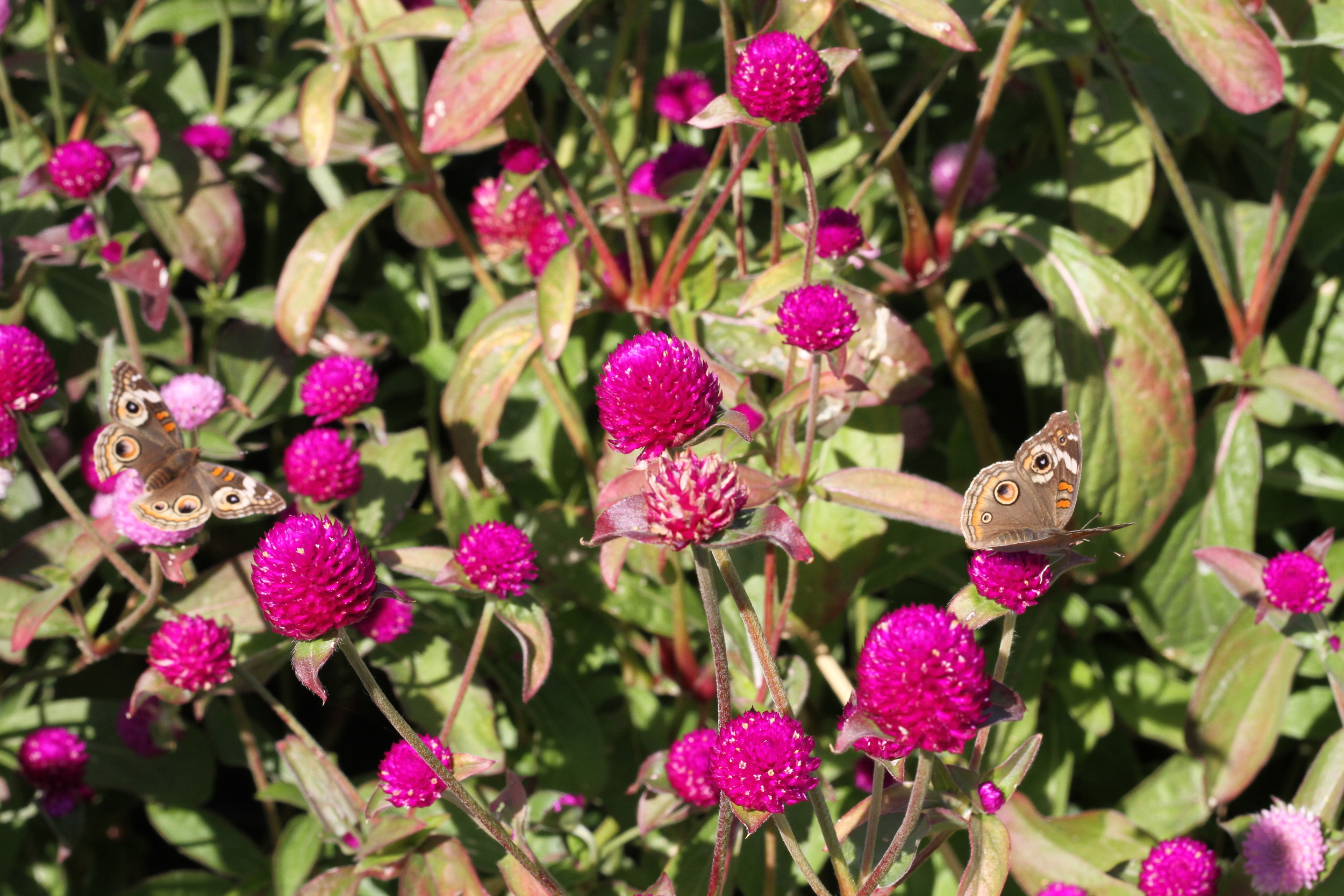Organic
We do not spray or use any chemical fertilizers or pesticides. Instead we choose to focus on creating a balanced farm ecosystem that promotes healthy plants and animals and prevents disease. We work to maintain and improve our soils in the vegetable fields by planting cover crops, rotating our crops and fields, and by adding compost to the fields. We rotate our animals through the harvested crop fields, to glean extra produce and insects, add fertility, and manage weeds. We also plant pollinator rows of flowers within the vegetable fields to attract beneficial insects.
Biodynamic
We recognize that the earth has an inherent set of guiding principles that keep all of life healthy, vital and in balance. Biodynamic agriculture utilizes these natural guidelines in working with all of the life cycles on the farm in order to optimize the quality of existence for all beings. We have found that biodynamic practices produce vibrant delicious food, while deepening our connection to the land.
Using Biodynamic practices, we strive to create closed loop on the farm. One of our goals is to produce most of our own compost. In the winter, the egg layer house is parked in a permanent yard that has a thick straw pack to collect the manure. In the spring, we windrow the straw pack and compost it. The sacrifice winter chicken yard then becomes the compost yard for the year.
Animal Husbandry
We provide all of our animals with fresh grass, water, and food daily. We have focused on breeds that are resilient and that succeed on pasture, and we continue to refine these breeds over time as we raise our own replacement stock. When we interact with the animals, we practice low stress animal handling, focusing on keeping the animals and ourselves calm as we work. Our animals are an integral part of the farm ecosystem, providing fertility, pest management, and helping to improve this land. Their meat is a byproduct of their work that we are thankful to enjoy.
Grassland Management
We rotate the cows and the sheep to fresh pasture daily. By doing this, not only do we have better animal health, but we are witnessing the growth of more native perennial grasses, and hoping to create less erosion and to hold more water in our soils. By allowing the pastures to rest and for the plants to regrow and flower, we also provide habitat for pollinators and other wildlife. The chicken are rotated through the pastures and vegetable fields adding more fertility to them as well.
Water Conservation
We are fortunate to have several springs and ponds on the property. However we are conscious of the limits of our water sources and chose the amount of irrigated crops we grow and animals we raise accordingly.
Diversity
While the ranch already is host to a wide range of birds and other wildlife, we hope to increase the multitude of plant and animal life by planting hedgerows and trees, as well as increasing the range of species and crops that we raise.






